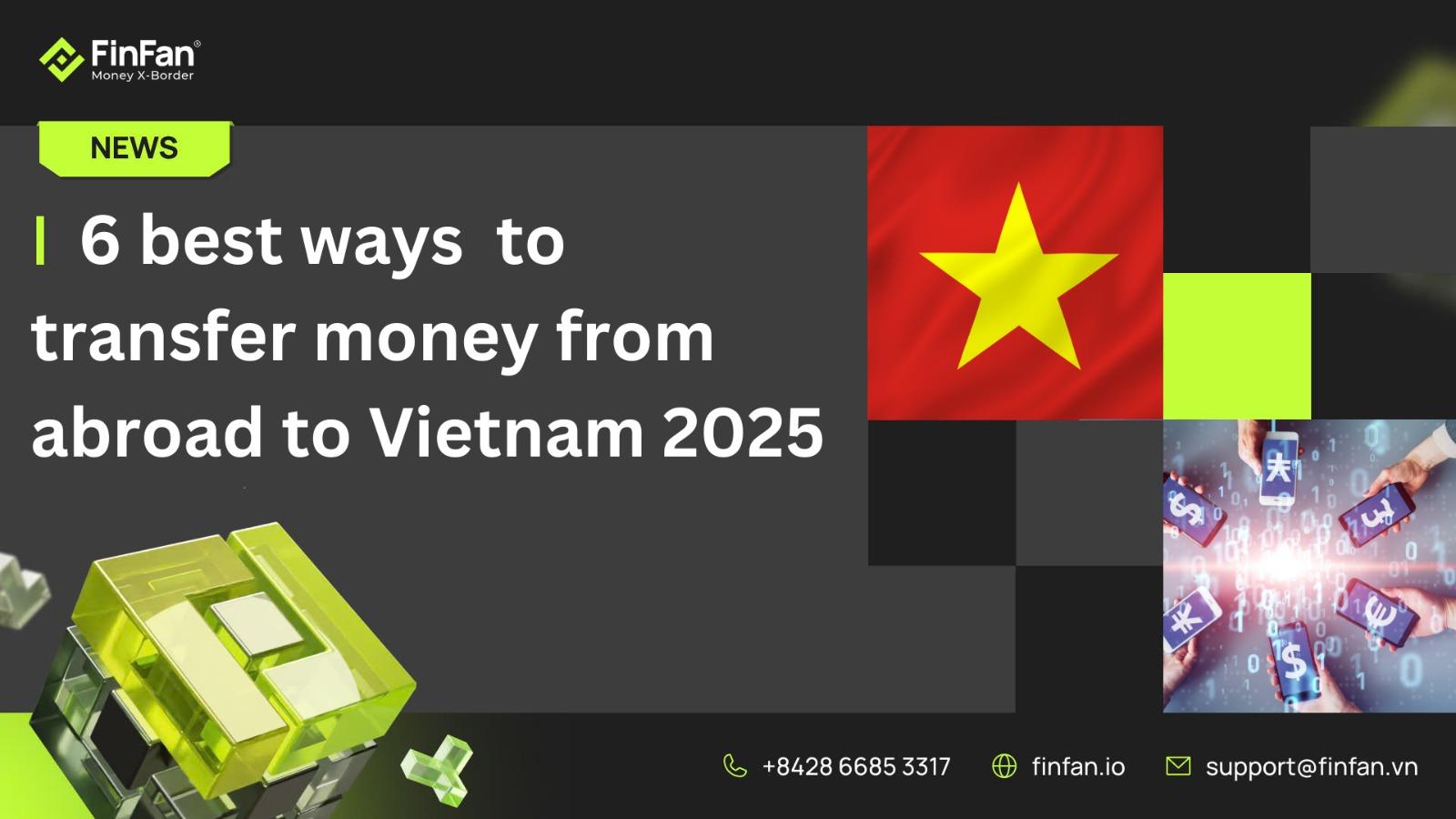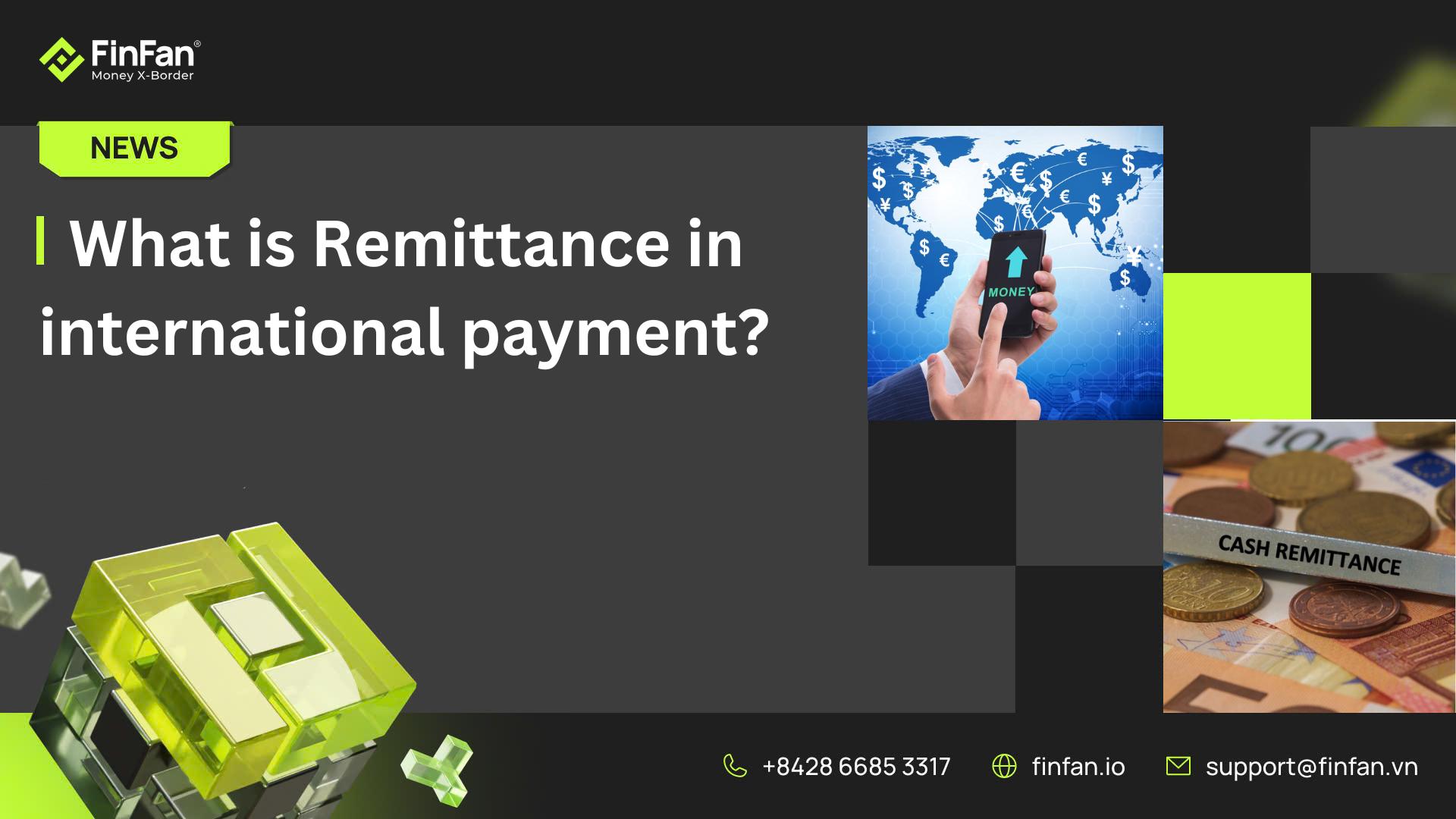The International Day of Family Remittances (IDFR): Maximizing Remittance Impact for SDGs.

The International Day of Family Remittances (IDFR) is not only an occasion to honor the silent contributions of migrant workers but also an opportunity to reflect on the crucial role of remittances in driving economic development, reducing poverty, and improving the quality of life for millions of people worldwide. In 2025, this event becomes even more significant as the Fourth International Conference on Financing for Development (FfD4) presents a unique opportunity to reform financing and fully harness the potential of remittances while advancing sustainable development strategies.
Remittances are not only a vital source of income for families but also contribute directly to the achievement of the Sustainable Development Goals (SDGs). Alongside development aid and foreign direct investment, remittances serve as a reliable financial resource for low- and middle-income countries (LMIC), especially in rural areas, where remittance flows represent a substantial proportion of total income.
Maximizing the Development Impact of Remittances
Over the past decade, remittances from migrants have reached $5 trillion, contributing to the development of countries facing numerous challenges. It is estimated that by 2030, this figure will increase to $4.4 trillion, continuing to serve as a crucial resource to close the financial gap for sustainable development. This reliable and robust financial source, particularly when compared to official development assistance, can account for a significant portion of investments in sectors such as education, healthcare, housing, and income generation.
In low- and middle-income countries, remittances play a key role in poverty reduction and promoting economic growth. One critical way to maximize the development impact of remittances is by enhancing financial access for migrant families and recipients. The use of modern financial services, including electronic money transfers and online payment platforms, will help reduce the costs and time associated with sending money while increasing access to banking services for both senders and recipients.
For sustainable development, financial infrastructure in remote rural areas, where traditional banking services are often limited, must be improved. The deployment of mobile financial services through online money transfer applications can help people more easily access finance and manage remittance flows more efficiently.
Supporting One Billion People in Achieving the Sustainable Development Goals
The United Nations' Sustainable Development Goals, particularly Goal 1 (No Poverty), Goal 3 (Good Health and Well-being), and Goal 4 (Quality Education), can be more effectively achieved with the help of remittances. Families receiving remittances can use this financial support to improve their living conditions, access healthcare, and invest in their children's education.
In particular, remittances can help migrant families reduce their financial burdens, contributing to the achievement of their own Sustainable Development Goals. When used strategically, such as investing in educational programs, building local infrastructure, or expanding job opportunities for communities, remittances can create long-lasting and sustainable positive impacts on the local economy.
Encouraging All Stakeholders to Participate in the Remittance Market
An important objective of this campaign is to encourage all stakeholders in the remittance market—including senders, recipients, financial institutions, and governments—to recognize opportunities and implement best practices that contribute to achieving the Sustainable Development Goals (SDGs).
In particular, action must be taken to implement SDG Target 10.c, which focuses on reducing the cost of remittance transfers, as well as Goal 20 of the Global Compact for Safe, Orderly and Regular Migration (GCM). Improving technical infrastructure, enhancing transparency in remittance services, and fostering international cooperation are key factors that will enable remittances to become an effective tool for reducing poverty and promoting sustainable development.
Creating an Enabling Environment to Unlock the Potential of Remittances
To fully realize the positive impact of remittances, an enabling environment for migrants and their families must be created. Policies that encourage the use of remittances for sustainable development goals, such as housing, renewable energy projects, and infrastructure improvements, will help maximize the effectiveness of these funds.
Financial support initiatives, vocational training, and entrepreneurship programs should also be implemented to help families use remittances for sustainable production and business activities. With such policies and opportunities in place, migrants will not only be senders of money but also key investors in community development and local economies.
FinFan: Contributing to the Achievement of Sustainable Development Goals Through Remittances
In response to the International Day of Family Remittances (IDFR) campaign, FinFan is committed to supporting efforts to maximize the development impact of remittances and contribute to the achievement of the Sustainable Development Goals (SDGs). We believe that with modern and advanced remittance services, remittances are not just a financial tool but also an essential platform for creating prosperity for migrant families and communities.
FinFan is dedicated to expanding access to remittance services for all migrants and their families, particularly in rural and remote areas. By providing fast, secure, and convenient remittance solutions, FinFan ensures that recipients everywhere can access their remittances instantly. Our services not only assist senders and recipients but also offer financial tools such as mobile banking accounts and online financial services, helping recipients manage and use their funds more effectively.
To reduce remittance costs and enhance utilization efficiency, FinFan pioneers the digitalization of remittances, offering optimized online money transfer solutions. Our services minimize transaction costs and accelerate the transfer speed, enabling recipients to access funds quickly for urgent needs or long-term investments. By utilizing digital platforms, FinFan reduces unnecessary paperwork and associated costs while offering maximum convenience to senders and recipients.
Through innovative and advanced services, FinFan not only helps expand access to remittances but also contributes to reducing costs, making remittances a powerful tool in achieving sustainable development goals, particularly in boosting local economies, reducing poverty, and improving the quality of life for millions. We believe that with FinFan's support, remittances will increasingly have a positive impact in building a prosperous and sustainable future for all.
Maximizing the development impact of remittances is not only the responsibility of migrant workers but also requires collaboration from all stakeholders in the global financial system. Governments, financial institutions, and communities need to fully recognize the potential of remittances in promoting sustainable development and achieving the SDGs. Investing in financial systems, reducing remittance costs, and creating an enabling environment for the use of remittances will help billions of people achieve their development goals, ultimately building a sustainable and prosperous future for all.





